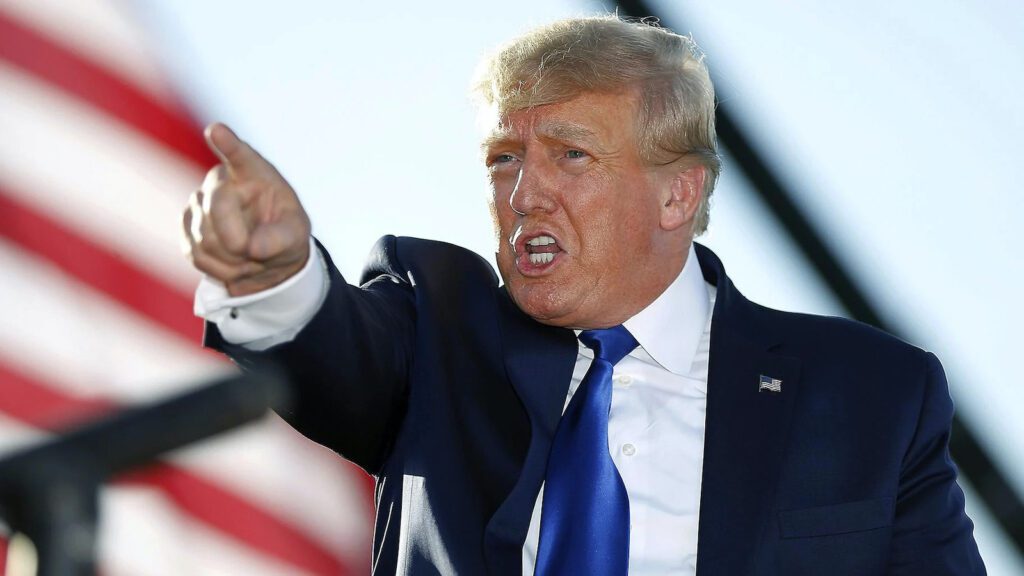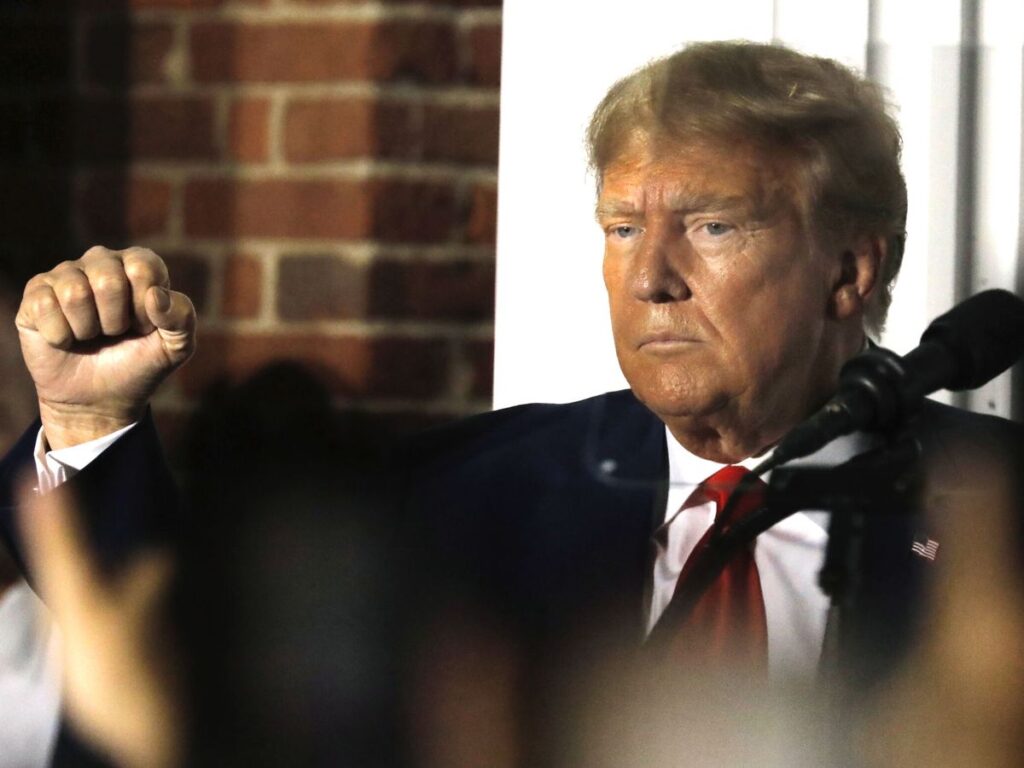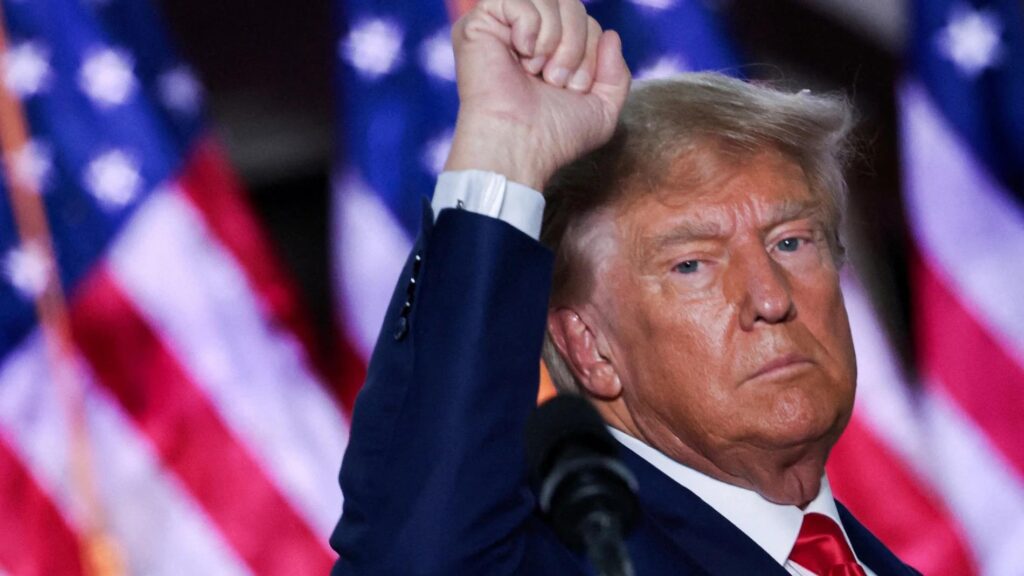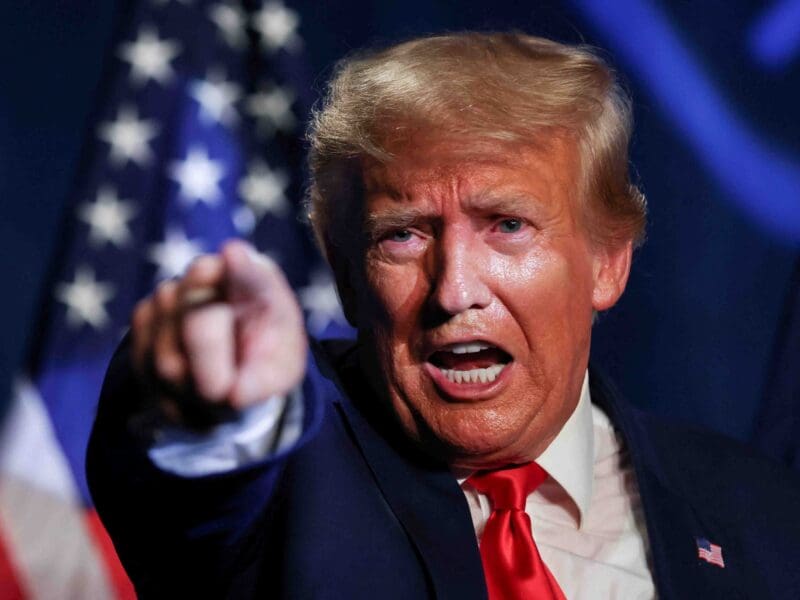
Is Donald Trump’s Truth Social actually rising in popularity?
In the world of high finance and real estate, numbers often tell a story far beyond simple arithmetic. This is especially true in the case of former President Donald Trump, whose financial maneuvers have recently catapulted his net worth significantly.
But how did this happen, and what does it mean in the grander scheme of things? And what of Truth Social? Is there reason to believe the social platform can play a role in his verdict? Let’s find out!

Trump’s Financial Upswing
According to the Bloomberg Billionaires Index, Trump’s fortune is now estimated at a staggering $3.1 billion, a notable increase from $2.6 billion in 2021. This rise can be attributed to several strategic moves, including relocating to tax-friendly Florida, liquidating assets, and reducing personal debts. But that’s just the tip of the iceberg.
A significant portion of Trump’s wealth boost comes from the soaring property values of his Mar-a-Lago estate in Palm Beach and his Doral golf resort in Miami. These properties, along with a dozen other golf venues in the U.S., Scotland, and Ireland, have seen a 50% revenue increase over three years.
Last year, Trump also sold the high-end Trump International Hotel in Washington, DC, for a whopping $375 million, helping him clear a $170 million loan from Deutsche Bank.

Legal Battles and Valuation Disputes
However, Trump’s financial journey isn’t without its controversies. He’s currently on trial in New York, facing allegations from the state attorney general of inflating his asset values to secure bank loans. Bloomberg’s analysis suggests some truth to these claims, though perhaps not to the extent alleged by New York State.
Mar-a-Lago, a 62,500-square-foot beachside property, is a focal point in this saga. Bloomberg values it at $240 million, starkly contrasting with New York’s $27.6 million estimate and Trump’s own $612 million claim. The discrepancies don’t end there. Trump Park Avenue, a residential condominium tower in Manhattan, is another asset under scrutiny.
In court, Trump has maintained that he undervalued his wealth, asserting that banks didn’t heavily rely on his statements for lending decisions. However, his courtroom demeanor quickly shifted from subdued to confrontational. Accusing the judge of fraud and labeling the attorney general a “hack,” Trump’s outburst was a stark departure from his earlier, more restrained testimony.

A Clash of Perspectives
This trial isn’t just about numbers; it’s a clash of narratives. Trump’s defense paints a picture of a successful businessman navigating the complex world of real estate valuation. In contrast, the prosecution frames him as a manipulator of figures for personal gain. The judge’s frustration was palpable, threatening to remove Trump from the stand if he continued to deviate from direct answers.
Beyond the courtroom drama, this case raises broader questions about business ethics and the fine line between strategic asset valuation and outright deception. Trump’s insistence on his company’s excellence and his accusations against the judge and attorney general reflect a deep-seated battle over reputation and legal boundaries.
As the trial progresses, with Ivanka Trump set to testify, the world watches closely. Will this legal battle reshape public perception of Trump’s business acumen, or will it reinforce his image as a shrewd, if controversial, entrepreneur?
Trump’s financial saga is more than just a story of wealth; it’s a narrative intertwined with legal complexities, ethical debates, and the ever-blurring lines between business and politics. As the trial continues, one question lingers: What will be the final verdict on Trump’s financial legacy?






